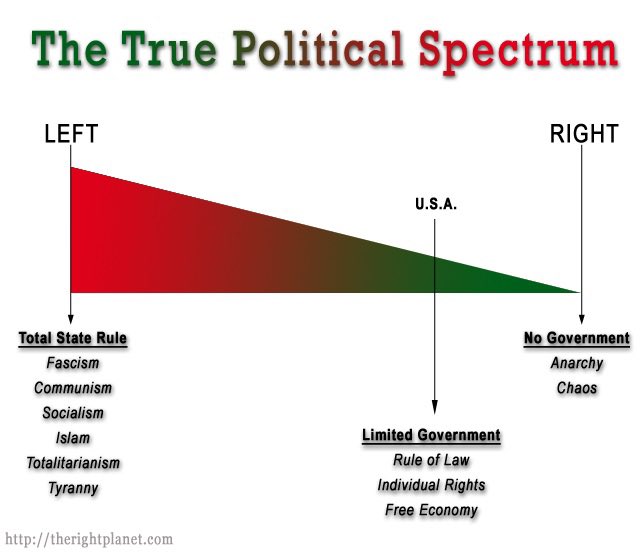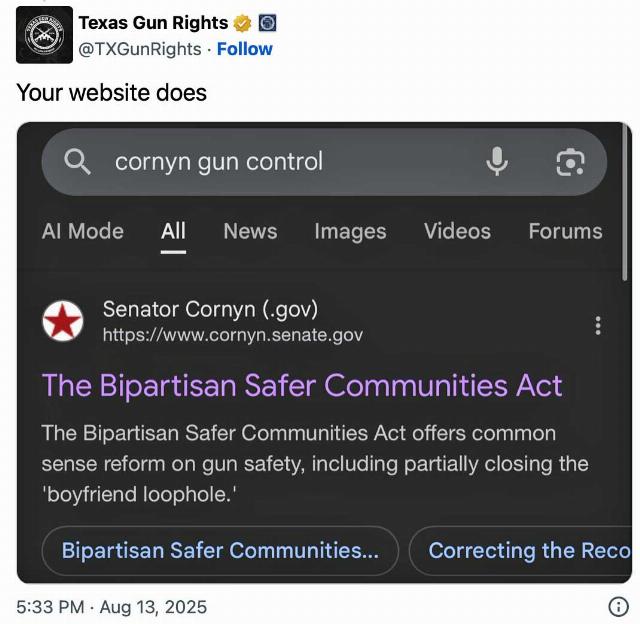Grassroots Legislative Update—September 15, 2025
By Tanya Metaksa
What’s New—Trump Administration DOJ: The Trump administration’s Department of Justice (DOJ) has filed a motion in the District of Columbia Court of Appeals to vacate a prior conviction for possession of a “large-capacity magazine,” arguing the DC ban violates the Second Amendment; State Legislatures: California: Three bills moving towards final passage; Illinois: Gov. J.B. Pritzker signs SB8; North Carolina: The veto override vote of SB50 is scheduled for the House floor on Sept. 22.
Trump Administration DOJ
The Trump administration’s Department of Justice (DOJ) has filed a motion in the District of Columbia Court of Appeals to vacate a prior conviction for possession of a “large-capacity magazine,” arguing the DC ban violates the Second Amendment. Jeanine Pirro, United States Attorney for the District of Columbia, submitted this motion, which requests that the conviction of Tyrie Benson under DC’s large-capacity magazine ban (DC Code 7-2506.01) be overturned. The motion openly states the DOJ now considers the law unconstitutional and will no longer prosecute violations of the statute.
Case Background
Tyrie Benson was charged in November 2022 with several offenses, including carrying an unlicensed pistol, possessing a large-capacity ammunition feeding device, unlawful possession of a firearm, and unlawful possession of ammunition. After a bench trial before Judge Lynn Liebovitz in April 2023, Benson was convicted on all counts. Benson appealed, arguing that the large-capacity magazine ban violated his Second Amendment rights. Initially, the Biden administration opposed this argument and defended the conviction, but the case remained undecided.
DOJ’s Motion and Rationale
The Trump DOJ’s reversal is articulated in the motion, which states that a complete ban on large-capacity magazines cannot survive constitutional scrutiny in light of Second Amendment protections. The government asserts that such magazines are fundamental to armed self-defense and, by extension, qualify as “arms” under the Second Amendment. The motion further notes that bans analogous to those struck down in District of Columbia v. Heller—which prohibited entire categories of firearms—are similarly unconstitutional if they target items in common use. The DOJ acknowledges that tens of millions of such magazines exist in the United States, making it impossible for the government to prove they are “dangerous and unusual,” the test set forth in Heller for regulating arms.
Legal and Policy Implications
This shift by the DOJ is an indication that the Trump administration is “cleaning up” anti-Second Amendment policies, likely signaling a new approach in other cases, including those pending before federal appellate courts. The government’s stance means it will not prosecute anyone under the DC large-capacity magazine law moving forward. Mark W. Smith suggests this precedent could influence the outcome of similar cases nationwide, such as those in the Seventh Circuit or potentially at the Supreme Court should certiorari be granted.
State Legislature
The following states are still in SESSION:
California, Massachusetts, Michigan, Ohio, Pennsylvania, and Wisconsin
California: On Sept. 9: AB 1078 passed the Senate concurring with the Assembly amendments with all Republicans voting NO: AB 1127, amended in the Senate and awaiting third reading: and AB 1263, passed in the Senate and ordered to the Assembly.
Illinois: Earlier this month, Governor JB Pritzker signed SB8 into law, which mandates new mandatory firearm storage requirements for all gun owners. The legislation requires individuals to securely store all firearms in their homes, vehicles, buildings, or other structures. Previously, firearms were required to be stored to prevent children under the age of 14 from accessing them. SB8 raises this threshold to 18 and adds that prohibited persons and individuals deemed “at risk” must be prohibited from accessing any firearms.
Critics argue that this legislation unfairly punishes responsible gun owners by imposing broad and burdensome storage mandates. They point out that SB8 does little to address criminal misuse of firearms. Furthermore, law-abiding citizens face civil fines of up to $10,000 simply for how they store their personal property within their homes or vehicles.
North Carolina: The veto override vote of SB50 is scheduled for the House floor on Sept. 22.



